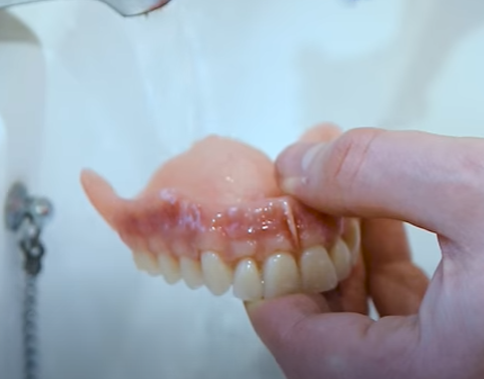Prosthetic teeth, often known as dentures, are a practical solution for individuals with missing teeth. Crafted uniquely for each patient, they can be removed when needed. While this is a brilliant solution for many, there is common curiosity around the durability and lifespan of dentures.
Numerous factors influence the longevity of dentures, including their type, the care level given by the patient, and the materials used for their construction. Dentures, on average, have a lifespan ranging from five to ten years.
The duration for which your dentures last is directly related to the materials from which they are made. Traditional dentures made from acrylic resin are more affordable, but their durability is usually limited to about five to seven years. On the other hand, superior and personalized dentures crafted from high-grade materials such as porcelain or zirconia can serve you well for around ten to fifteen years.
Regular dental check-ups are essential to ensure that your dentures are in good condition and that any problems are detected and addressed promptly. These appointments are also vital in ensuring that your dentures fit comfortably and remain consistent over time.
Taking proper care of your dentures can significantly extend their lifespan. Daily cleaning using a soft brush and gentle soap is recommended. It is advised to avoid harsh materials, hot water, or regular toothpaste, which may potentially damage the dentures, thereby reducing their longevity.
Regular cleaning of your dentures is crucial. Overnight soaking in a denture solution and thoroughly rinsing them before use helps to eliminate any cleaning agent residues or bacteria.
Other factors that can influence the durability of your dentures include dietary habits, lifestyle choices, and the patient’s general health. For instance, frequently consuming foods high in sugar or acidity can lead to the rapid wear and tear of dentures, necessitating more frequent replacements.

